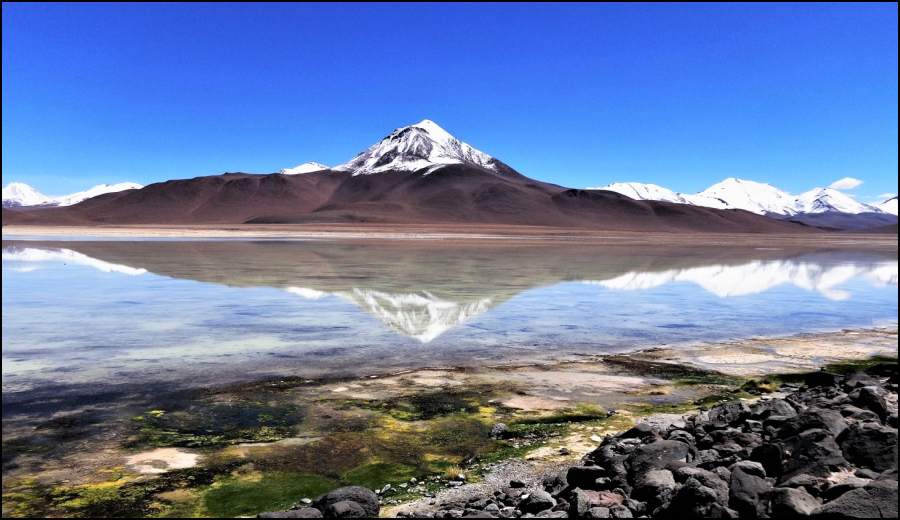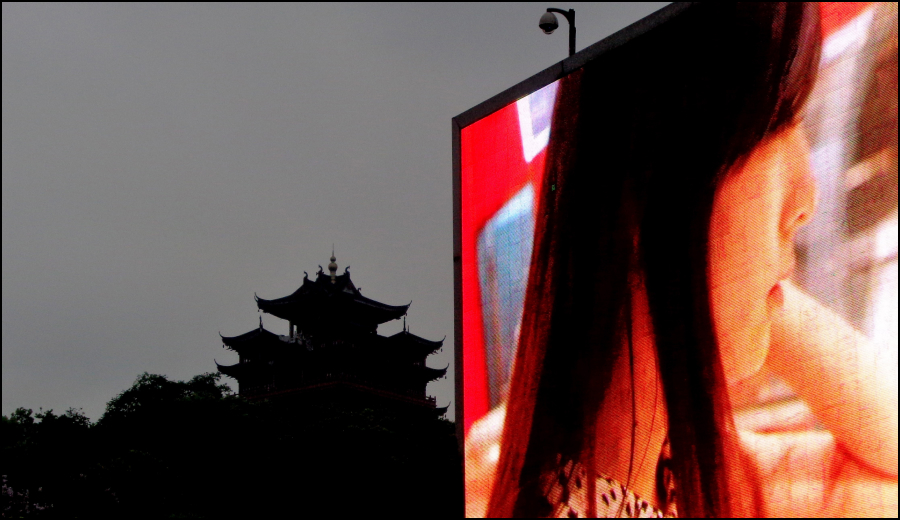We travel the world and bring people together where they live. Education (Bildung), lifelong learning, and orientation in a time of opportunities and great challenges are what our work is about. The events and projects we conceptualize and implement are based on three guiding themes:
- Identity and Responsibility: who are we, who do we want to be?
- Understanding and Criticism: a culture of debate
- Self-thinking and Objectiveness: understanding and overcoming public thinking barriers
In order to make an event as close to life as possible, we combine these three guiding themes with contents to be found in our themed world. Join us in doing so! We promote self-efficacy in the context of social and global challenges in order to replace feelings of powerlessness with the experience that we can be successful at least in understanding and establishing connections.


